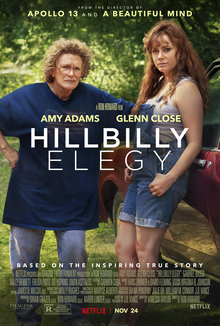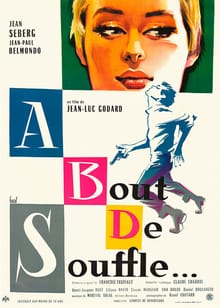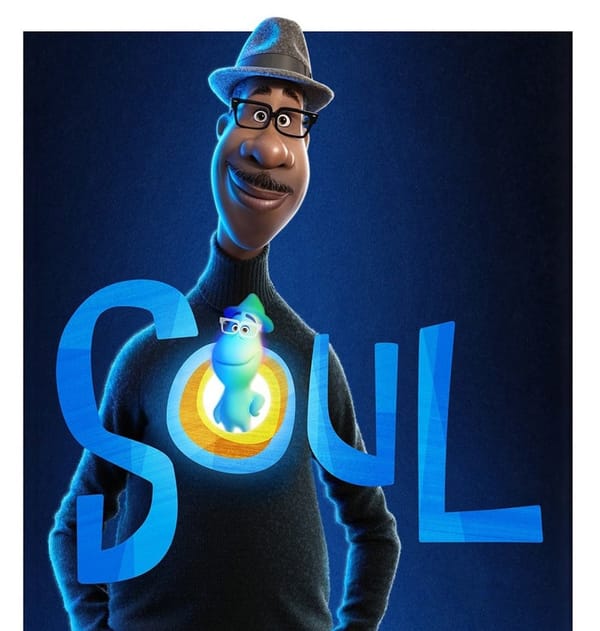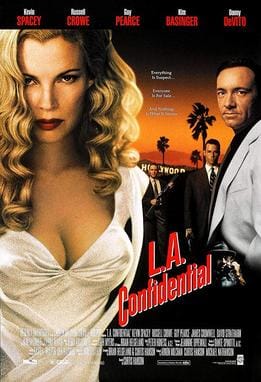Hillbilly Elegy ★★★☆☆
Film contributor Eva Borras reviews the new Ron Howard film about a boy struggling to escape a life of poverty in the US

Based on the 2016 memoir written by J.D. Vance (who tells the story first hand as the protagonist), Hillbilly Elegy explores the challenges of a boy growing up with an unstable mother struggling with drug abuse. Having read so many bad reviews for this film, I expected to have an awful time watching it, however it turned out to be quite entertaining and even made me tear up at times.
In the film’s first few scenes, young J.D. Vance (Owen Asztalos) is introduced as a solitary child in middle class Ohio, ‘rescued’ from the bullying of popular kids in the area by family members. From this moment, legendary director, Ron Howard (Apollo 13, A Beautiful Mind), introduces the main theme of the film: family unity. The story then continues by flashing forward to adult J.D. (Gabriel Basso) becoming a law student at prestigious Yale University.
We follow J.D.’s mental journey through warm-toned flashbacks, with the link between past and present beginning when J.D. travels back to his hometown after he receives a sudden call from his sister Lindsay (Haley Bennett) who tells him that his mother Bev (Amy Adams) has overdosed on heroin. Primarily, Hillbilly Elegy describes how childhood trauma affects families from generation to generation, as well as the difficulties of maintaining non-abusive relationships.
Without doubt, the best parts of the film are the incredible performances by Academy Award nominees, Amy Adams and Glenn Close, in roles we normally don’t see them in. Having them as part of the cast increased the potential of how impressive the film could’ve been, however, after it finished, I felt like there was a piece of the puzzle missing. Overall, the whole story felt predictable and the script was, at times, hollow.
However, Adams and Close did their best in bringing to life the mother and grandmother of the boy. Personally, it was only during their scenes together, and at times with the young J.D., that the film became engaging and emotive. Although both had an underlying violent attitude in almost every scene, their portrayals of the different expressions of violence towards the boy were remarkable. It was outstanding to observe how Bev changed from being sweet to enraged after use of drugs, as well as how Mamaw became a maternal figure to her grandson.
On another note, the carefully chosen music composed by Hans Zimmer (Inception, Interstellar) and David Fleming added intimacy and emotion to balance the lack of such during some key moments—especially for the development of the sibling relationship between young J.D and Lindsay. In the end, although the cinematography tried to create a well-rounded ending, the plot didn’t allow it. If you’re looking for impactful or moving performances by Adams or Close, you are much better off watching Arrival or The Wife.








